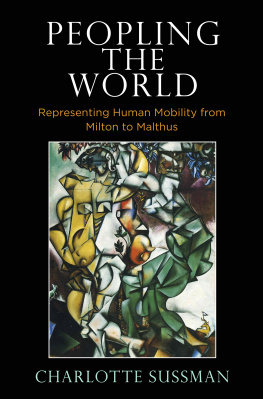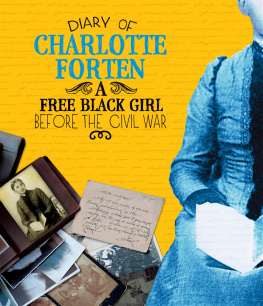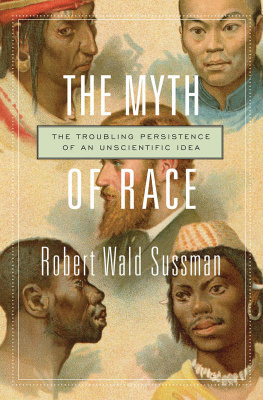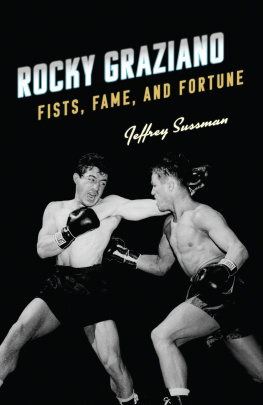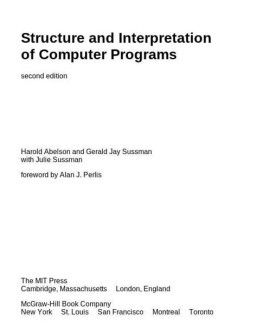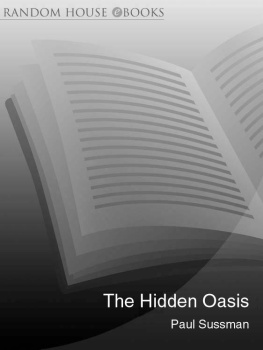Charlotte Sussman - Peopling the World
Here you can read online Charlotte Sussman - Peopling the World full text of the book (entire story) in english for free. Download pdf and epub, get meaning, cover and reviews about this ebook. year: 2020, publisher: University of Pennsylvania Press, Inc., genre: Romance novel. Description of the work, (preface) as well as reviews are available. Best literature library LitArk.com created for fans of good reading and offers a wide selection of genres:
Romance novel
Science fiction
Adventure
Detective
Science
History
Home and family
Prose
Art
Politics
Computer
Non-fiction
Religion
Business
Children
Humor
Choose a favorite category and find really read worthwhile books. Enjoy immersion in the world of imagination, feel the emotions of the characters or learn something new for yourself, make an fascinating discovery.
- Book:Peopling the World
- Author:
- Publisher:University of Pennsylvania Press, Inc.
- Genre:
- Year:2020
- Rating:5 / 5
- Favourites:Add to favourites
- Your mark:
- 100
- 1
- 2
- 3
- 4
- 5
Peopling the World: summary, description and annotation
We offer to read an annotation, description, summary or preface (depends on what the author of the book "Peopling the World" wrote himself). If you haven't found the necessary information about the book — write in the comments, we will try to find it.
Peopling the World — read online for free the complete book (whole text) full work
Below is the text of the book, divided by pages. System saving the place of the last page read, allows you to conveniently read the book "Peopling the World" online for free, without having to search again every time where you left off. Put a bookmark, and you can go to the page where you finished reading at any time.
Font size:
Interval:
Bookmark:

 THE
THE 
WORLD
Representing Human Mobility from Milton to Malthus
Charlotte Sussman

UNIVERSITY OF PENNSYLVANIA PRESS
PHILADELPHIA
Copyright 2020 University of Pennsylvania Press
All rights reserved. Except for brief quotations used for purposes of review or scholarly citation, none of this book may be reproduced in any form by any means without written permission from the publisher.
Published by
University of Pennsylvania Press
Philadelphia, Pennsylvania 19104-4112
www.upenn.edu/pennpress
Printed in the United States of America on acid-free paper
1 3 5 7 9 10 8 6 4 2
Library of Congress Cataloging-in-Publication Data
Names: Sussman, Charlotte, author.
Title: Peopling the world: representing human mobility from Milton to Malthus / Charlotte Sussman.
Description: 1st edition. | Philadelphia: University of Pennsylvania Press, [2020] Includes bibliographical references and index. |
Identifiers: LCCN 2019034599 | ISBN 9780812252026 (hardcover)
Subjects: LCSH: English literature18th centuryHistory and criticism. | Emigration and immigration in literature. | Population in literature. | Great BritainEmigration and immigrationHistory18th century. | Great BritainPopulationHistory18th century. | Great BritainColoniesHistory18th century.
Classification: LCC PR448.E43 S87 2020 | DDC 820.9/355dc23
LC record available at https://lccn.loc.gov/2019034599
For Raoul

Chapter 1. A Race to Fill the Earth:
Mobility and Fecundity in Paradise Lost
Chapter 3. The Veterans Tale:
War, Mobile Populations, and National Identity
Chapter 4. Remembering the Population:
Goldsmith and Migration
Chapter 5. The Emptiness at The Heart of Midlothian:
Nation, Narration, and Population
Chapter 6. Islanded in the World:
Cultural Memory and Human Mobility in The Last Man
Chapter 7. Prospects of the Future:
Malthus, Shelley, and Freedom of Movement
I have been studying how I may compare
This prison where I live unto the world;
And for because the world is populous,
And here is not a creature but myself,
I cannot do it; yet Ill hammer it out.
My brain Ill prove the female to my soul,
My soul the father, and these two beget
A generation of still-breeding thoughts;
And these same thoughts people this little world,
In humors like the people of this world:
For no thought is contented.
Shakespeare, Richard II (1597, V.III)
If the British colonies had never been planted, Mr. Malthus would never have written.
William Godwin, Of Population (1820)
When Shakespeare wrote Richard II, the adjective populous existed, but the noun population did not. In the two centuries that followed, however, population became an object of ever increasing interest, and the doomed kings struggle to people the little world of his mind with still-breeding thoughts found many twisted mirrors in the people of this world as Britain devised schemes to populate its expanding territories with living souls. The verb to people reminds us how entangled the concept of population is with both reproduction and territorial expansion. As Richard imagines his brain as a female upon which his soul can beget still-breeding thoughtsan image that will find its nightmare echo in Miltons Sin impregnated by Deathso those intent on peopling living worlds had to locate and encourage human wombs to generate self-reproducing populations. Richard by necessity confines his ambitions to the territory of his mind, but the ambitions of real-world proponents of peopling were farther flung, as they hoped to stake claims to territories in the New World by planting them with people.
This interest in peopling now seems nearly defunct, a topic perhaps best reserved for speculative fiction about the discovery of new stars and planets. In todays world, a world so saturated by nations, territories, and increasingly defended borders that the dispossessed are harried at every turn, the terms encapsulation of mobility, fecundity, and territorial expansion is anachronistic, even quaint. And yet, of course, people, great numbers of people, are still on the move, made homeless by war, climate change, and racial hatred. Indeed, the unprecedented refugee crisis of the past decade has led many back to a trenchant passage from Hannah Arendts The Origins of Totalitarianism (1948), in which she characterized postWorld War II mobility as migrations of groups who, unlike their happier predecessors in the religious wars, were welcomed nowhere and could be assimilated nowhere. Once they had left their homeland they remained homeless, once they had left their state they became stateless; once they had been deprived of their human rights they were rightless, the scum of the earth. Arendts vision resonates powerfully today. We see many of the issues central to Peopling the World playing out again all around us: Who has a right to move freely across borders? Who has a right to unimpeded settlement? Who has a right to the states care and who will be denied it? And furthermore, what are the prerequisites for exercising these rights? Natality? Employment or investment of labor? A story of suffering that demands redress?
Yet before we slip too easily into equivalencies between todays world and the world of the seventeenth and eighteenth centuries, we need be aware of the shape of Arendts argument, a shape that, as we will see, had eighteenth-century precedents. Arendt makes her point through reference to the implicit ideals of unimpeded settlement and freedom of movement: the happier predecessors of twentieth-century migrantslike French Huguenotswho found new homes and new states to which they could assimilate. Not only that: these happier predecessors are presumed to have had homes in the first place, secure settlements of which they were dispossessed. Appealing and affecting as this rhetorical turn isand it is a turn at least as old as Oliver Goldsmiths 1772 assertion that A time there was ere Englands griefs began / When every rood of ground sustained its manI hope that the following chapters will offer a valuable counter-narrative. While one might say that Peopling the World documents the formation of the modern mobile subject, that is true only with the understanding that all three of those terms are being redefined during the long eighteenth century: the nature of modernity; the experience of mobility; and the question of who counts as a subject and why. While we often consider secure settlement and free movement to be natural, if lost, ideals, I hope to demonstrate that they themselves are constructs, with their own history, and their own instrumentality in the expansion (and collapse) of empire. The story of that construction is integral to our understanding of the long eighteenth century.
The colonies Britain settled in North America, the Caribbean, and, even earlier, in Ireland, provided evidence of the complex politics of population growth that Godwin claims underwrote Malthuss 1798 prediction that humanity would be destroyed by its own reproductive success. In the years between 1597 and 1798, as we will see, the prospect of peopling the world shifted from a worthy endeavor to an impending catastrophe. In
Font size:
Interval:
Bookmark:
Similar books «Peopling the World»
Look at similar books to Peopling the World. We have selected literature similar in name and meaning in the hope of providing readers with more options to find new, interesting, not yet read works.
Discussion, reviews of the book Peopling the World and just readers' own opinions. Leave your comments, write what you think about the work, its meaning or the main characters. Specify what exactly you liked and what you didn't like, and why you think so.

